Vivat Lingua






Welcome to the first ever edition ofVivat Lingua!
Words travel further than we think. They cross oceans, leap over generations and bridge cultures, silently connecting everything. From a child’s first sentence to the world’s most infamous and ancient texts. Language isn’t just about how we talk, but about how we are all linked through heart, idea and history, proving that even in our own differences we are all part of one conversation
Language is more than just a tool for communication. It’s the thread that weaves cultures, ideas and experiences together. Therefore we are honoured to be sharing with you our first edition of Vivat Lingua.
Languages play a pivotal role not only in Sherborne School but the other schools in the group. Inside you will find an array of interviews, competitions and articles from schools such as; Sherborne Girls, Hanford, Sherborne Prep and Sherborne Boys.
Enjoy!
Eddie & James
I am delighted to welcome you to the inaugural issue of the Sherborne Schools’ Languages Magazine, launching to coincide with European Day of Languages on 26 September 2025 alongside a range of activities across all four Schools.
th This new initiative across all four schools of the Sherborne Schools Group has been driven by Eddie and James It is fantastic to see their leadership in languages. They would love to hear from you if you are interested in contributing or editing the next edition in Lent Term
Learning another language to any level gives you another window on the world around you; it allows you to take responsibility for changing the world for the better by engaging with other people in a more profound way.

We hope you enjoy the superb variety of contributions from pupils and staff from Sherborne Boys, Sherborne Girls, Hanford and Sherborne Prep. I am sure that this first issue will open up the world of languages at all four schools to you.
Philip Morrow Head of Languages, Sherborne Boys
INTERVIEW WITH THE HEADMASTER OF THE BOYS’ SCHOOL AN ARTICLE
PHOTOGRAPHY COMPETITION
IS THE HSK CHINESE COURSE?
U6 boys Eddie H and James W were lucky enough to land an interview with the Headmaster, where he talks about his experiences with and views on languages, in French!
Comment était-ce d’étudier le français à l’université ?
What was it like to study French at university?
Excellente question. C’était une expérience enrichissante, car non seulement j’ai eu l’occasion de perfectionner ma maîtrise de la langue, mais aussi de parler avec des personnes d’autres pays
J’ai étudié en France pendant ma troisième année. C’était excellent. Les cours étaient stimulants, et j’ai étudié la culture française à travers des films, la littérature et des conversations.
..
Great question. It was a rewarding experience not only did I improve my language skills, but I also spoke with people from other countries
I spent my third year in France, which was excellent The courses were stimulating, and I explored French culture through film, literature, and conversation.

Comment vos langues vous ont-elles aidé dans votre carrière ?
How have languages helped in your career?
J’ai beaucoup voyagé en faisant du ski, et j’ai parlé avec des skieurs de nombreux pays, comme la France, la Russie, et l’Espagne C’était très intéressant.
I travelled a lot through skiing and spoke with skiers from many countries,France, Russia, Spain It was fascinating Today, it helps me speak with parents looking to send their children abroad. But most importantly, it helps me understand other cultures 4
Aujourd’hui, cela m’aide à communiquer avec des parents qui souhaitent envoyer leurs enfants à l’étranger Mais le plus important, c’est de comprendre les autres cultures.
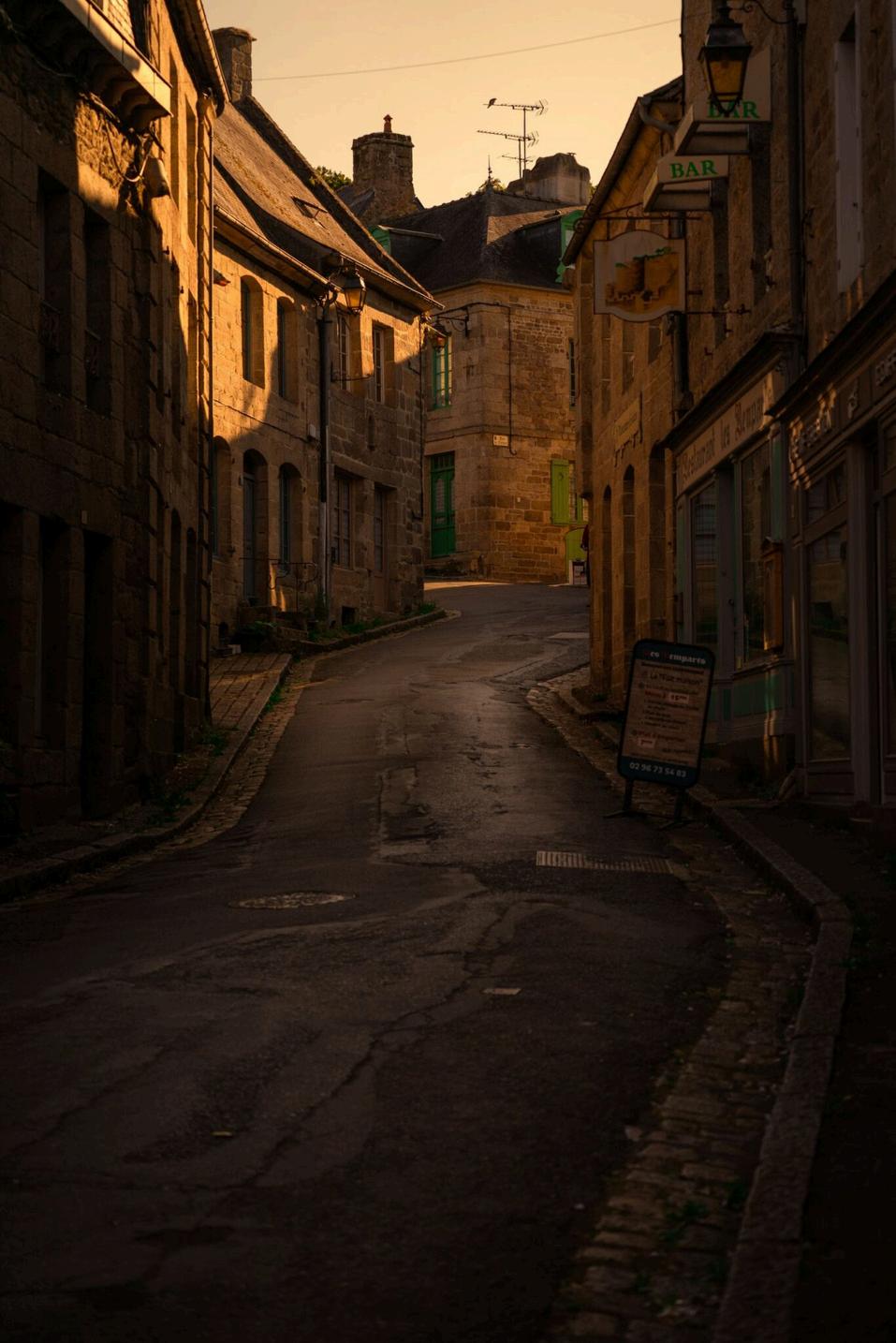
Quels sont vos meilleurs conseils pour apprendre une langue ?
What are your best tips for learning a language?
Il faut pratiquer tous les jours, même un peu. Sinon, on oublie vite.
On utilise Duolingo, par exemple. Ça montre qu’il y a un vrai intérêt. Mais il faut être rigoureux
Écouter de la musique, regarder des films, voyager pratiquer, pratiquer, pratiquer
Practise every day even a little Otherwise, you forget quickly.
People use Duolingo, for example, which shows there's real interest. But you have to be disciplined
Listen to music, watch films, travel practise, practise, practise
Pensez-vous que tout le monde devrait continuer une deuxième langue à partir de 12 ans ?
Do you think everyone should continue a second language from age 12?
Bien sûr ! Je l’ai fait moi-même. C’est très bénéfique. On découvre des opportunités et on comprend mieux le monde.
C’est essentiel pour s’intégrer dans d’autres cultures.
Absolutely! I did it myself It’s hugely beneficial. You discover opportunities and understand the world better
It’s essential for integrating into other cultures
Trouvez-vous le français ou le russe plus facile, et pourquoi ?
Do you find French or Russian easier, and why?
Le français est plus facile. En russe, il faut apprendre l’alphabet cyrillique, et il y a des déclinaisons comme en latin
Bien sûr, le français a aussi ses difficultés, mais globalement, le russe est plus complexe
French is easier In Russian, you have to learn the Cyrillic alphabet, and there are grammatical cases like in Latin
Of course, French has its own challenges, but overall, Russian is more complex
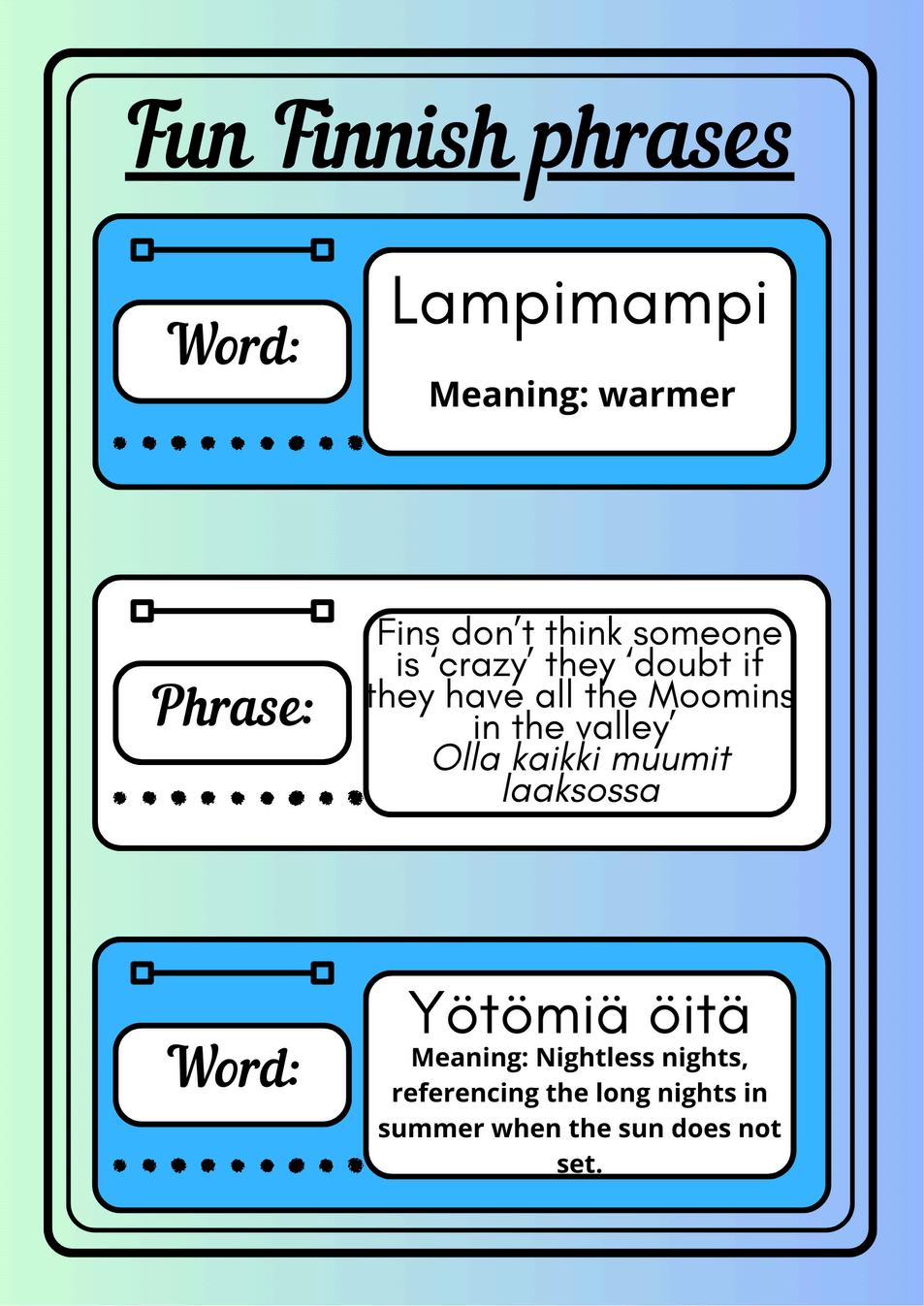
By Cecily
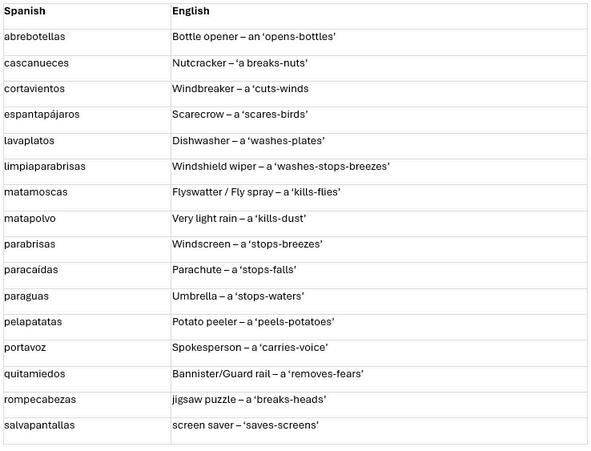

We hope you enjoy a selection of the entries to this year’s travel photography competition. The photos throughout the magazine are also from pupils and staff who submitted entries.


Why did you want to take HSK exam?
Thomas M (SB), Herb C (SB) and Philippa P (SG) all did GCSE Chinese. Although they achieved top grades, they didn’t want to take it to A Level. However, they have taken up the opportunity to study it as part of their Sixth Form Enrichment option, available at Sherborne Girls and Boys Through this, they are preparing to take the HSK exam.
The HSK, or Hanyu Shuiping Kaoshi, is an international standardized test of Mandarin Chinese proficiency for nonnative speakers. Administered by the Chinese government, it is a globally recognized certification that can be used for academic, professional, and personal purposes
Thomas - I really enjoyed Chinese at GCSE and I wanted to continue learning about Chinese society.
Herb - If I were to meet someone from China or have the opportunity to work there, it would be invaluable to speak Mandarin at HSK level 4, as it would allow me to hold meaningful and fluent conversations.
Philippa - At first, I found Chinese quite challenging but, as I progressed through the GCSE course, I began to enjoy it more and more This encouraged me to continue studying Chinese by taking the HSK.
What is your favourite word in Chinese?
Thomas - 幸福 (xìngfú): This word means “happiness”
Herb - 友谊 (yǒuyì)This word means “ friendship”
Philippa - 闺 蜜 (guīmì) This word means “bestie” or “female best friend”
Head of Art andTeacher of Spanish at Sherborne Prep
¿Picasso o Goya?
Picasso para la mente y Goya para la emoción.
Picasso or Goya?
Picasso for the mind and Goya for the emotion
¿Madrid o Barcelona?
¡Están en dos países diferentes! Madrid para el arte y Barcelona para el Mediterráneo.
Madrid or Barcelona?
¿Lápiz o pintura?
¡Pintura, sin duda!
They are in two different countries! Madrid for the art and Barcelona for the Mediterranean Pencil or paint? Painting all the way!!!
¿Música o artes plásticas?
Ambas.Escuchar para ver y ver para sentir.
Music or visual arts?
Both Listen to see and see to feel
¿Volar o ir en ferry?
Volar en el gran cielo azul

Flying or going by ferry?
Flying in the big blue sky.
¿La tele o la radio?
Radio. Es un misterio para mí, ¿cómo funciona?
TV or radio?
Radio It is a mystery to me how does it work?
¿Fútbol o Rugby?
Fútbol ¿El rugby es el del balón raro?
Football or Rugby?
Football Is rugby the one with the funny ball?
I took this photo in Wells cathedral. I was taken by the rhythms, colour and the modern feel in such an amazing building. I know it is not an image from a faraway land, but that is all a matter of perspective!
Mr Velázquez, Sherborne Prep

We hope you enjoy this selection of winners from Mr Byrne’s creative writing competitions in languages There will be five more creative writing competitions in any language this year open to all schools
Write an advert in a language other than your own, to sell as a holiday destination This could be in the form of a magazine advert or a text for a radio or TV advert. 50150 words would be most appropriate Please also include a photo of the holiday destination. Submit to stephen byrne@sherborne org by 3rd October Prize for the winner!
Winner of Competition 1 (four-line poem)
El meu país es una meravella, el que mésens agrada son les tapes i la paella, al estiu berenejo a la costa brava, fa méscalor que un bany de lava
Pau C 4m
Winner of Competition 2 (poem about school)
Mae'r ci yn y gegin yn gwisgo het, Yn edrych fel seren mewn sioe o set Cafodd goffi ar ei gynffon, amwn i, Ond fe wnaeth dim byd, dim ond dweud "woof" gyda bri!
Oscar T 5b
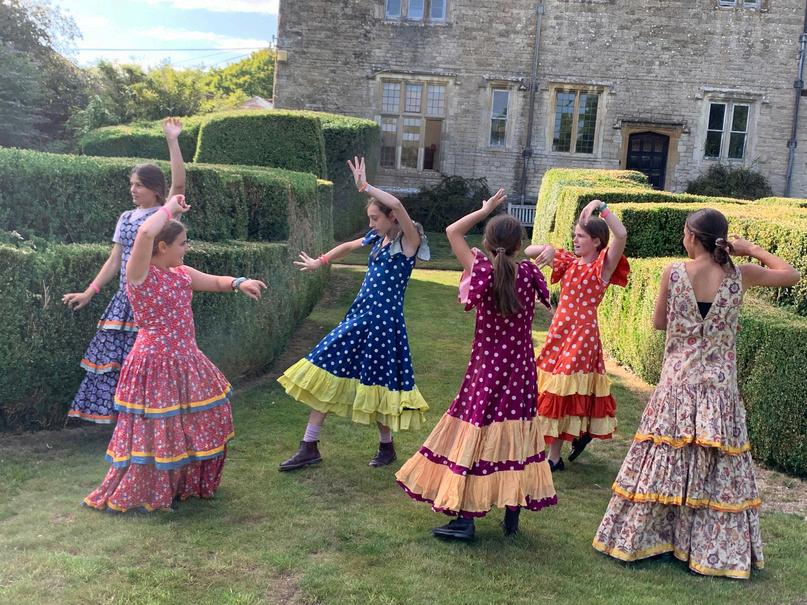
Lola: Hi María- Louisa! You are originally from Seville, Spain, and now you're studying in Hanford School in hearty Dorset. We are seeing you often in the playground practising your dance moves. Can you tell us what flamenco means to you?
María:Hola! Flamenco is part of who I am. It's more than just dancing it’s how I connect with my culture, my family, and my feelings. When I dance flamenco, I feel proud to be from Andalucía
Lola:That’s beautiful. You and your friends at school practice flamenco too, right?
María:Yes! Some of us have been dancing since we were four or five years old in Spain Here, even though we're at an English school, we still practise after class sometimes It helps us feel close to home and to each other. It's like speaking a language we all understand without words
Lola:You’ve mentioned La Feria de Abril. What’s it like, and why is it so special?
María:La Feria de Abril is amazing! It’s a huge celebration in Seville with music, dancing, food, and colourful dresses. Everyone wears their best flamenco outfit, and we dance Sevillanas all day and night. It's not just fun it's a way of showing who we are and being proud of our roots.
Lola:How has flamenco helped you personally?
I’m sharing with you a recent interview with Maria Louisa who spent much of last summer teaching the other girls at Hanford Flamenco. It’s become clear that, for many of the Spanish girls, Flamenco is much more than just a dance
Vali Atkinson, Teacher of French, Hanford
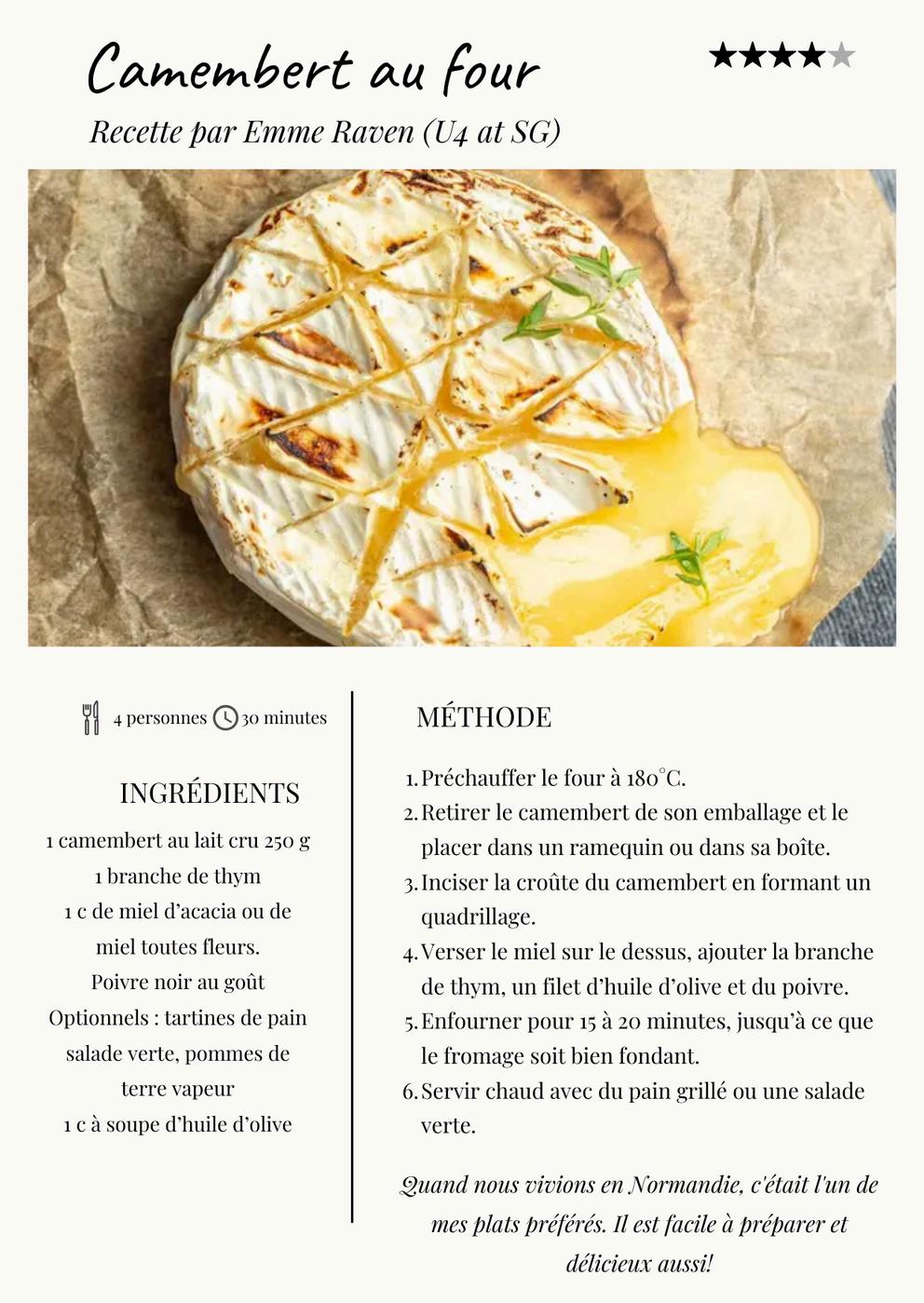
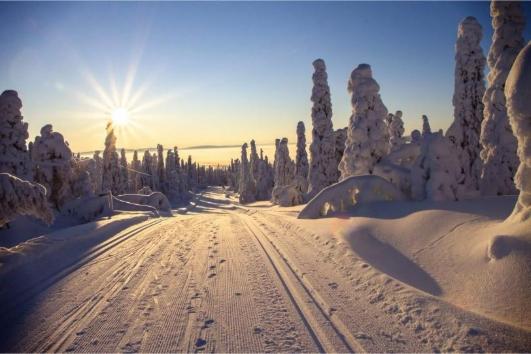
We hope you enjoy a selection of writing from SB 5 form German to inspire you for your next journey about our holidays over the last year. th
Letztes Jahr bin ich mit meiner Familie nach Spanien gefahren. Jeden Tag sind wir zum Strand gegangen, wo wir im Meer geschwommen und Beachvolleyball gespielt haben Es war ein toller Urlaub, weil ich mich entspannen konnte und neue Leute kennengelernt habe
George B
In den Ferien bin ich mit meiner Familie nach Frankreich gefahren. Jeden Tag haben wir im Meer gebadet und französisches Essen gegessen Ich habe auch den Eiffelturm besucht. Die Aussicht war toll. Der Urlaub hat mir sehr gut gefallen
Henry B

Wir haben viele Aktivitäten unternommen, wie Rafting, den Besuch von Museen und archäologischen Stätten und sind in die Stadt gegangen, um griechisches Essen zu probieren und die griechische Kultur zu erleben
Henry F
Letzten winter bin ich mit meiner Familie nach Lappland in Finnland gereist Es war unglaublich kalt, aber wunderschön. Ich würde gerne wieder dorthin fahren, weil es so einzigartig war
Freddie L
In den Sommerferien bin ich mit meiner Familie nach Italien gefahren. Wir sind mit dem Auto an den Gardasee gefahren und das Wetter war sehr schön Es war ein toller Urlaub, aber die Reise war ein bisschen lang und anstrengend.
William P
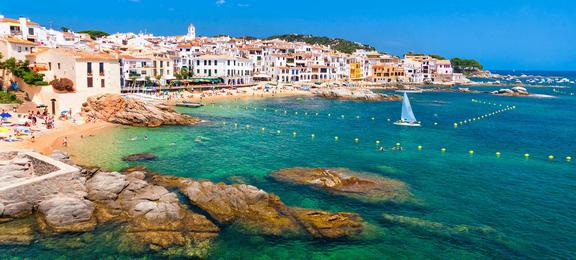
is
The Goethe-Institut certificates are an internationally recognized proof of language skills.In Germany and worldwide, they serve as a proof of language skills in German.
Livie P, an enterprising Lower Sixth Sherborne Girls student in East is planning on studying linguistics at university. This year she is taking an enrichment course at Sherborne Boys preparing for the Goethe Intitute’s Zertifikat
Why study linguistics?
Livie loves the idea that problem-solving and languages can be combined. Her plan is to use a university study of linguistics to work in forensic linguistics or international relations, solving crimes, helping society or enjoying diplomacy

What is linguistics?
Linguistics is not in fact language;rather, it is the scientific study of what makes language work It is more closely tied to computing, psychology and neuroscience.It is accessible to anyone who loves Lego, doing jigsaws or putting things together logically

How does it feel to study as a girl at Sherborne Boys?
Livie has found it an excellent experience. Everyone is friendly, she says, and the organisation is easy Having been worried that the travel time might make her late, she instead finds everyone remarkably tolerant and enjoys the change of scenery. Learning French up the hill and German down the hill expands her learning and the different languages allow differing perspectives on how language operates.
What advice would she offer to anyone in a similar position?
Definitely study languages post-GCSE, Livie says You will swiftly gain momentum and you need to take every opportunity to speak the language, especially if no one at home can speak it with you Take all the support teachers can offer, complete your summer work, watch shows or films in the target language and even set your phone settings to the new language Be prepared to make mistakes because it is through errors that you learn. Keep an open mind, as the course gets increasingly exciting, throw yourself in and you will develop hugely useful inter-personal skills and make friends across languages.
What is Fanal?
The Fanal de Saint-Louis du Sénégal is an annual festival in Saint-Louis, Senegal, held in the last week of December, culminating on NewYear's Eve.The festival's climax is a procession of giant, multicoloured, handmade lanterns that light up the streets of Saint-Louis
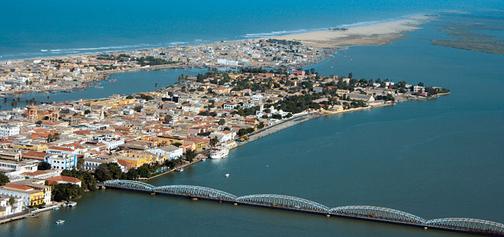
By Ptolemy G, 5c, SB
Je vais parler de mon festival préféré, La Fanal, de Saint Louis, au Sénégal.
La fête du Fanal trouve ses origines au XVIIIe siècle, à l'époque coloniale, lorsque Saint-Louis était la capitale de l'Afrique occidentale française. Cette fête était à l'origine une tradition chez les Signares, riches métisses de SaintLouis. La veille de Noël, elles assistaient à la messe de minuit accompagnées de servantes portant des lanternes (appelées fanals) pour éclairer leur chemins. Ces lanternes sont devenues de magnifiques créations artistiques, et chaque quartier s'est mis à rivaliser pour créer les fanals les plus élaborés et les plus décoratifs.
La tradition s'est estompée au fil des ans, mais a été relancée au début des années 2000 par Marie Madeleine Diallo de Jallore Productions. Elle est depuis devenue un festival culturel incontournable à Saint-Louis.
Aujourd'hui, Le Fanal se déroule la dernière semaine de décembre, généralement entre le 24 et le 31 décembre, et se termine le soir du Nouvel An par un grand défilé de lanternes.
Le Fanal célèbre la fusion des traditions coloniales et africaines, mettant en lumière l'identité de la ville,Venise de l'Afrique.
Il vise à mettre en avant la culture comme moteur de développement, à célébrer le patrimoine historique, la cohésion sociale et à valoriser le rôle des femmes (par exemple, l'édition 2020 a mis à l'honneur l'autonomisation des femmes). Il offre une plateforme dynamique aux artisans, artistes et interprètes de la communauté, renforçant ainsi l'engagement et la créativité locaux.
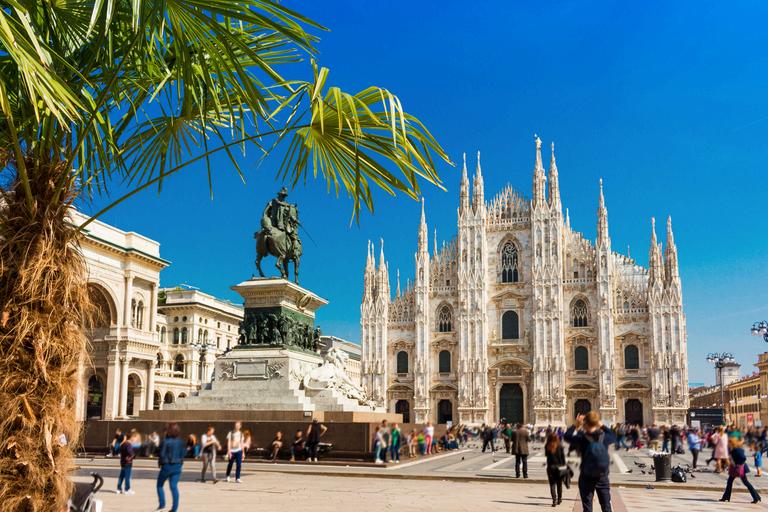
By Manu M, 4g, SB
Milano è una citta ricca di cultura, storia e eccellenza culinaria conosciuta come la capitale economica d’italia. Vi consiglio molto di visitare Milano ma cosa c’è da fare e vedere?
5 posti imperdibili
Il Duomo: Il Duomo è una cattedrale nel centro della città Il Duomo fu costruito in secoli diversi, riflettendo cambiamenti politici, religiosi e artistici nella storia milanese e italiana. Visitare il Duomo significa immergersi nella cultura italiana, che bellezza!
San Siro: San Siro è tra gli stadi di calcio più famosi nel mondo, è stato costruito nel 1926 con torri cilindriche e rampe elicoidali spettacolari. Lo stadio ospita il Derby della Madonnina, simbolo della rivalità storica tra Milan e Inter, con tifosi appassionati.
La Galleria: La Galleria Vittorio Emanuele II è un elegante passaggio coperto nel cuore di Milano Con la sua cupola in vetro e i negozi di lusso, è un simbolo della città e un luogo perfetto per passeggiare o prendere un caffè.
Il Centro: Il centro di Milano è dove storia e modernità si incontrano. si sente un’atmosfera elegante e ricca Le strade sono piene di negozi, caffè e palazzi storici, perfette per una passeggiata tra arte, moda e cultura. Certamente si sa che Milano e conosciuta come una delle capitali della moda nel mondo!
I Navigli: I Navigli di Milano sono una delle zone più caratteristiche e amate della città. Lungo il Naviglio Grande e il Naviglio Pavese si trovano ristoranti, gallerie d’arte e locali frequentati da giovani e turisti. La Darsena, l’antico porto cittadino, è stata riqualificata e offre uno spazio vivace per passeggiate e aperitivi. Questo te lo consiglio!
Milano è una città dinamica e affascinante, dove storia, eleganza e creatività convivono. Dal centro monumentale ai vivaci Navigli, questa città offre propio tutto e una da visitare di sicuro!
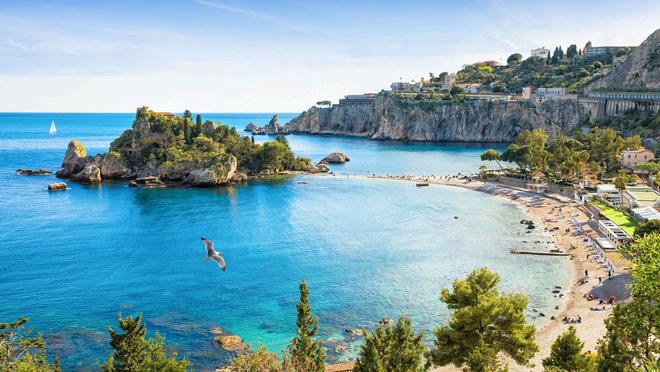
ByWills
La Scaccia – Scaccia is a typical Sicilian Flatbread that consists of a filling like ricotta cheese, tomato and basil.
I Limoni – Lemons are a very abundant fruit in Sicily and are used widely amongst the inhabitants.
Gli Arancini (Le Arancine) Arancini is a breaded cone shaped snack that contains ragu (meat), rice, peas and egg.
I Taralli – Taralli are small, crunchy, ringshaped Italian snacks – like small crunchy bagels

Le Sardine Sott’Olio – Sardines that are in an oil sauce.
Il Fico D’India – Fico D’India translates to ‘Prickly Pear Fruit’ it comes from a cactus plant and looks similar to a fig.
Le Provole – Provole is a hard cheese that is shaped similar to a pear. It however, is made of cow’s milk and is similar to Mozzarella
Il Pesto Trapanese – Pesto Trapanese is a Sicilian version of Pesto that is made of fresh tomatoes, basil, almonds, garlic, olive oil and sometimes pecorino cheese (sheep’s cheese)

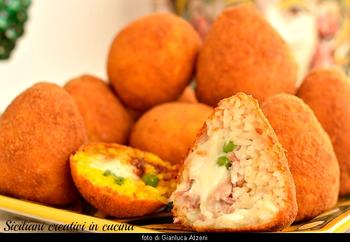

By Tilly H, Sophia McK and Bella P, SG
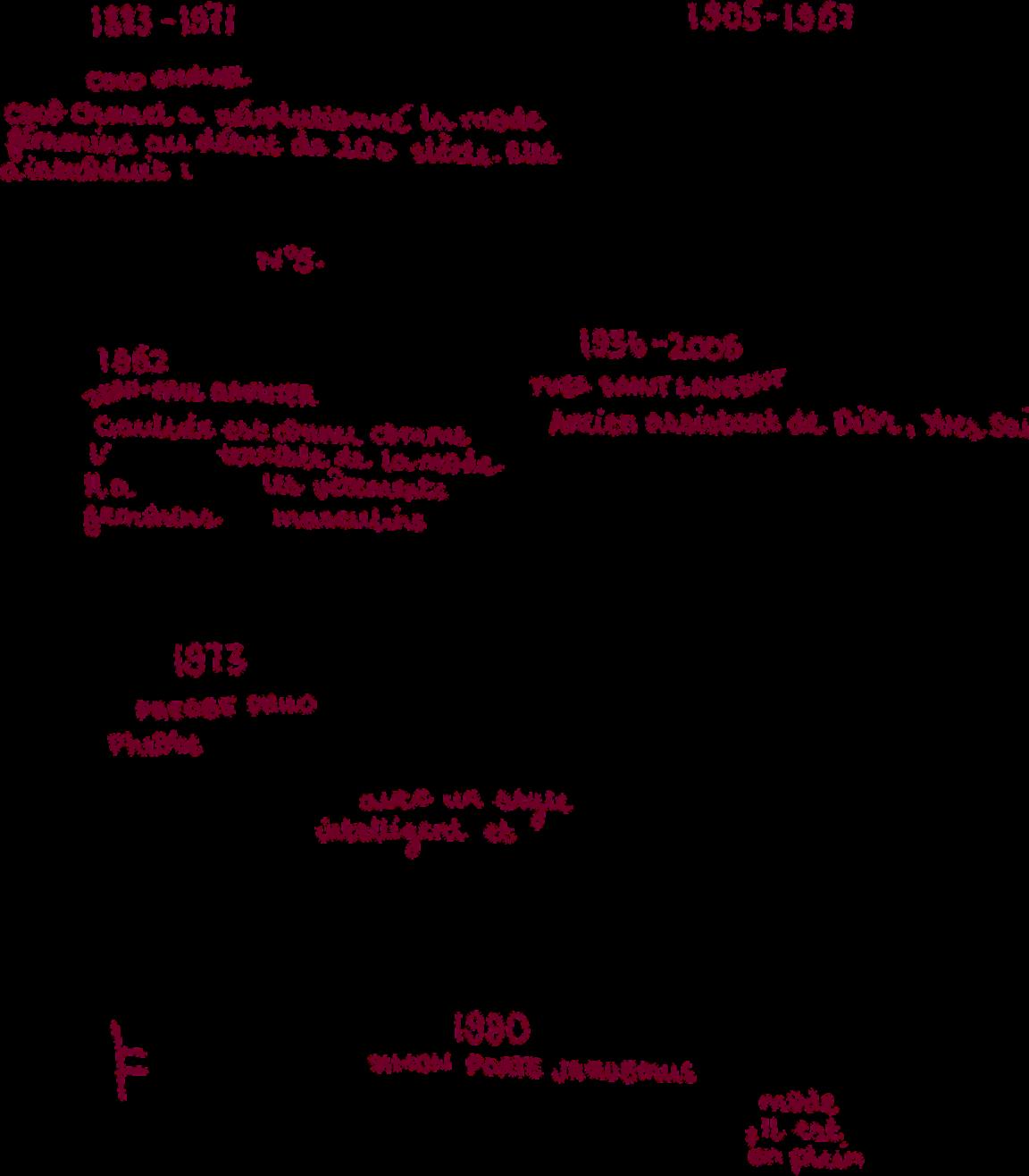
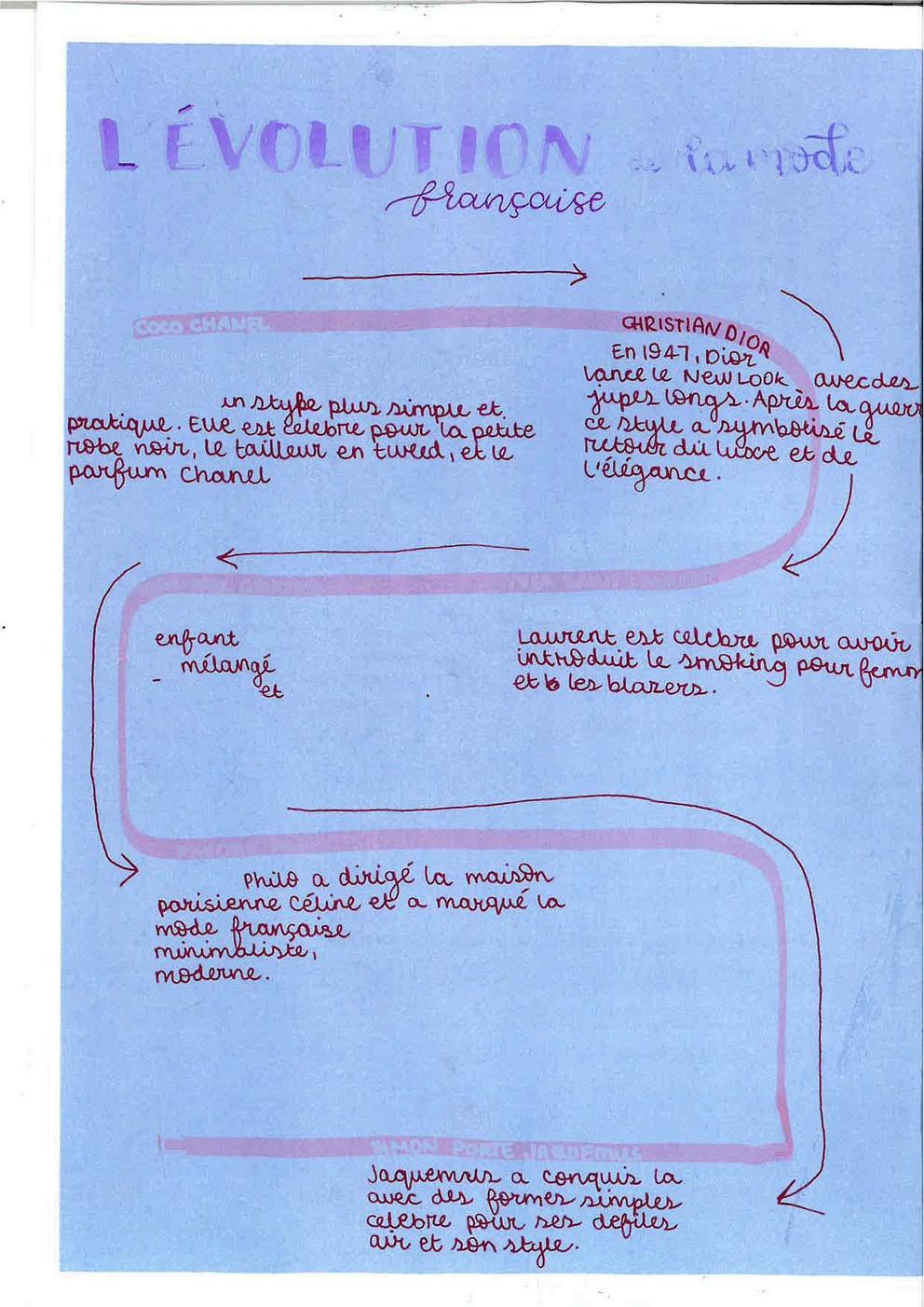
Almost 25 years after its realease in 2021, Jean-Pierre Jeunet’s Amélie continues to enchant French film fans. In this review, Elsa R. reflects on the film’s themes.
L’histoire commence avec une jeune fille dont le nom est Amélie Poulain, grandissant avec son père qui souffrira d’un problème de cœur donnant de l’inquiétude à Amelie pendant sa jeunesse. Avec le concept de ne pas avoir eu beaucoup de contact avec d’autre que son père dans sa vie quotidienne.
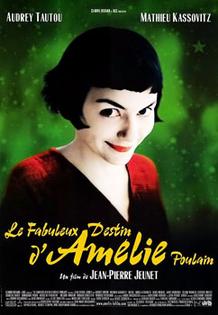
Elle cherchera pour l’amour en s’intéressera plus à ses voisins et trouva un homme mystérieux du photomaton, où il collectera les photos délaisser du photomaton. Là où cette histoire d’amour se déroulera.

Ce qui lui développe une propre vie de magie fantastique où elle explore la beauté des choses et chaque détail. En grandissant elle ira à Paris et commencera à travailler comme serveuse dans un café. Cette merveilleuse jeune femme commencera aussi à se dédier aux autres autour d’elle en les aidant, comme aider les fantaisies de son père et aider ses collègues à trouver l’amour tandis qu’elle se questionnera pour se consacrer à l’amour.



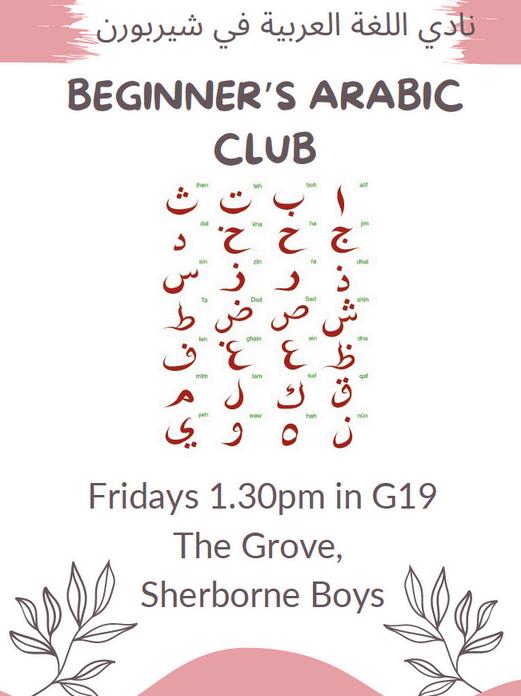


ةرﻮﺼﻣﺺﺼﻗبﺎﺘﻛ
